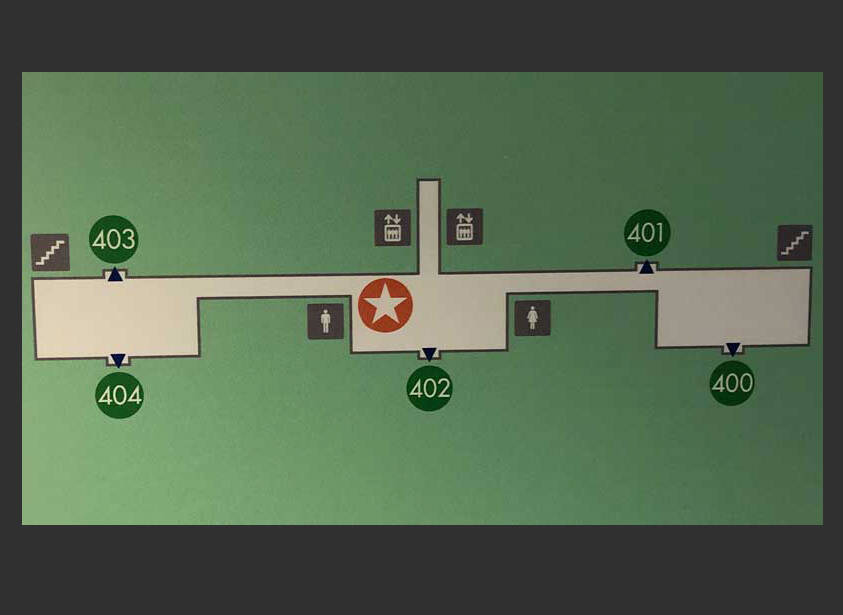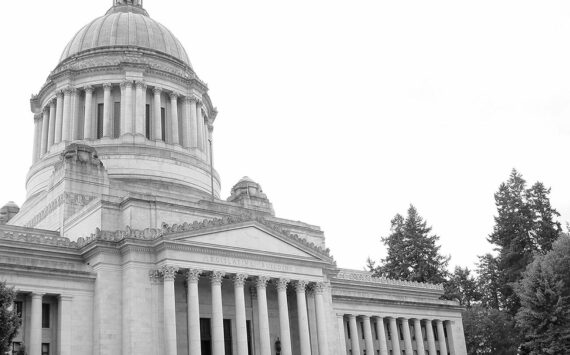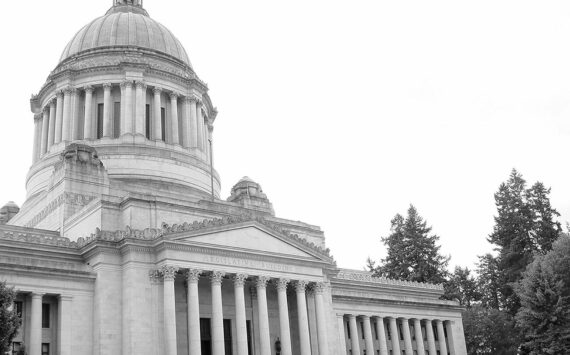By Morf Morford, Tacoma Daily Index
If you follow the economic news – or any news – you can’t avoid the hand-wringing projections about a coming recession.
Many major (and not so major) economic indicators certainly point to such an eventuality, but the bottom line is that recessions are a key benchmark of our standard, and relatively predictable, economic cycle.
Like our seasons or the ocean tides, our economy surges and retreats, expands and withdraws, and does it again. And again.
It’s not exactly a natural process, but economies follow, and to a large degree, stick to a few basic patterns.
National economic policies tilt or mitigate the larger trends.
Every recession is different and some, like any in our future, will be inflamed, directed or minimized by the widespread use of technology.
Working from home, video streaming, online shopping and of course the integration of smart phones into every aspect of our lives has made coping with, even profiting from any economic recession, an entirely different experience from any past economic difficulty.
As with every other category of life, the more prepared you are, the better off you will be when difficulties hit.
A recession, is after all, a decline or a withdrawal, when, for whatever reason, restrictions and shortages crimp every market – often in ways few of us could have ever expected.
Some are implicit or even foreseeable, like harvest times or the demands of the weather, while others, like war, disease or civil unrest might give us what we have all experienced recently; increasing interest rates, supply problems, rising fuel prices and an erratic labor market.
No president or prime minister has much influence over these trends that cross almost every border. And few economic policies make much real difference, although some might make a recession more intractable and difficult to emerge from.
One school of thought is: the economy is falling apart, and it’s all your fault
Even though recessions are border-line unavoidable, certain behaviors, and sometimes generations, get the blame for economic difficulties.
Young people, largely new to the economy often get this message – wage increases are slowing, raises are getting smaller, layoffs are beginning to happen, and inflation is all your fault.
And many pundits blame millennials for saving when they should be spending – and of course, spending when they should be saving.
As with any household or sibling argument, debating who deserves the most blame for inflation—Boomers or millennials—is a complete distraction.
It’s not you.
According to a recent study, 60 percent of inflation has been driven by record-breaking corporate profits and price-hikes.
And, as a basic understanding of math might reveal, there has been little to no evidence wage growth has been driving inflation considering that wages are growing (far) slower than inflation.
Be prepared
As with every other arena of life, the more prepared we are, for any catastrophe, the better off we will be.
Here are some tips and guidelines to make it through almost any difficulty.
The most important strategy is to set up a 12 to 24 month emergency fund.
The worst economic dips rarely last over one year (though they seem like they go on forever).
A reserve fund will allow you to keep from sinking as the economy around goes down.
Sometimes standing still in a current that takes everyone else is the best survival strategy.
Keep from sinking further
Cut any expenses you can.
Minimize high-interest debt. Get out of debt, and do anything you can to minimize dependence on credit.
Banks and credit card companies need us at least as much as we need them. Call them and remind them that you’ve been a customer for a long time or have a good history of on-time payments.
You could also consider transferring your debt to a lower interest rate card.
A recession is not the time to panic and cancel your credit cards.
The duration of your accounts is a factor in your credit score. Even if you transfer balances, keep your credit cards open.
Keep an eye on your credit score; ratings from 580 to 669 are considered fair; 670 to 739 are considered good; 740 to 799 are considered very good; and 800 and up are considered excellent.
Interest rates look like they will keep going up.
If you have an established auto or home loan, keep it, if you can, at the lower rate.
Buy in bulk if you can afford to – especially non-perishable staples like toilet paper, toothpaste, shampoos and soaps, or canned foods. If you can’t use it all, your friends, family member and neighbors can.
The sharing economy can be your friend
If you are online, social media platforms are packed with all kinds of free to affordable items from groceries to books. Keep an eye out for your local “buy nothing” “offer-up” or free library for everything from books to furniture.
Invest. Maybe.
Build your emergency fund before you invest in the dip. Yes, prices for some things will be lower than you may have seen before. But don’t buy those things until you have a healthy reserve fund. Saving money is always a good idea – especially during a recession.
Recession is a verb
Most importantly, don’t forget that nothing lasts forever – not even recessions.
Since 1900, the average recession has lasted about 15 months and the average recovery lasted 48 months.
The Great Recession of 2008 and 2009, which lasted for 18 months, was the longest period of economic decline since World War II.
The most important thing to keep in mind is that the word “recession” is a verb – an action word. Recessions, by definition, are in motion. They have a flow, a movement that we can respond to – and prepare for.
Any of the recession strategies I’ve mentioned will serve you well in any economy and, as we all know all too well, if we are not in a recession right now, the next one is not far away.






